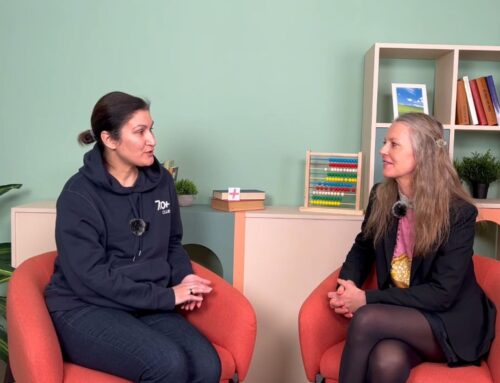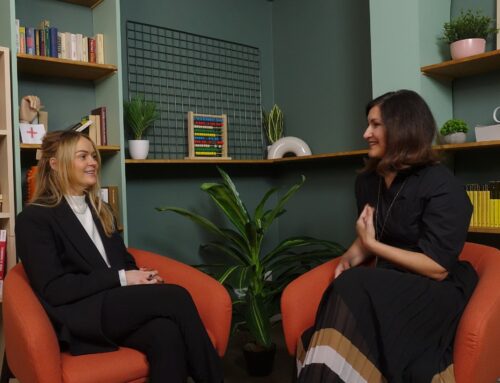Thinking about diving into a master’s program but feeling the jitters about the whole graduate school application process? No worries! Getting things sorted early is key to acing this application adventure. No matter if you’re gunning for a super niche field or a top-notch school, doing it right can make this master’s journey way less bumpy.
But, before we dive in, let’s get the lowdown on these grad school admission tests.
How are graduate school applications assessed?
- How well do you mesh with the program or department’s research priorities, work environment, and other criteria
- Internship or relevant research experience
- Purpose statement
- Credential recommendations
- Typical undergraduate marks
- Results from standardized tests
- Academic habits and the degree to which previous work applies to the intended graduate program
Step 1: Self-Assessment and research
Before you leap into the master’s program hustle, take a sec for some self-check. Figure out what you’re into, where you see yourself career-wise, and what exact field you wanna rock. Once you’re clear, dive into full-on detective mode! Scope out different programs and schools. Look into stuff like what the professors are boss at, the course vibe, what goodies they offer, and where they’re located.
Step 2: Standardized tests and academic requirements
Heads up! A bunch of master’s programs want those test scores—GRE, GMAT, you name it. So, get your game plan going early and pencil in those exams. Give yourself room for a do-over if needed. Also, make sure you tick all the academic boxes they’re after—think GPA goals, specific courses, or nailing those language proficiency tests.
Step 3: Crafting a compelling application
Alright, listen up! Your app stuff—your story, those recommendation letters, and your fancy resume—are key to showing you’re the bomb candidate. When you write up that statement, make it pop! Talk about your passion, spill about your experiences, and why this program fits your grand plan. Here are some things to think about while you craft that statement:
Tips for an A+ statement of purpose for graduate school applications
- Describe yourself, your strengths, your potential, and why you want to attend graduate school at that specific university and program.
- Stay away from exaggerations and false claims.
- Use active verbs to captivate the reader.
- Never say anything nasty or judgmental; doing so makes you appear arrogant and impolite.
- Don’t go into great detail about everything you’ve accomplished. Outline your key takeaways, discuss how they shaped your interests, and outline how your coursework has set you up for success in graduate school.
- Spell out why you want to attend graduate school and the specific area of study that most interests you.
- Explain what drives you and what you hope to achieve professionally.
- Give the lowdown on why it’s your top pick.
- Remember to list any professors you would like to collaborate with.
- Get your assignment done: Get to know the school. Find out how many students apply to and graduate from the program or department that interests you. Save the dates for your applications.
- Avoid using essay templates.
- Stick to each school’s specific application requirements.
Step 4: Financial planning
Think about the money side of diving into that master’s journey: research scholarships, grants, and assistantship opportunities offered by institutions or external organizations. Keep your eye on the prize—those money deadlines for aid! Sort your cash game and plan your budget to match those deadlines.
Step 5: Organization and deadlines
Staying organized while juggling multiple deadlines is tough. To help with this, we’re offering a free downloadable spreadsheet designed for master’s applicants. This resource can assist in tracking application deadlines, required documents, and more, keeping you on top of your application game.
Timetable for completing your graduate school applications
- Get your transcripts to submit with your application (8 weeks before the deadline).
- Eight weeks before the application deadline, organize for the submission of entrance exam results.
- Contact recommenders four to six weeks before the application deadline and ask for strong letters of recommendation.
- Revise your statement of purpose until it is complete.
- Take a look at the government criteria for funding.
- Fill out the application and send it in with the payment (at least two weeks before the due date).
Help from 700+Club Admissions Consulting
Master’s apps are a bit like mazes, but hey, you’ve got company on this ride! At 700+Club Admissions Consulting, we specialize in guiding students through every step of the application process. From personalized consultations to tailored strategies, our team is dedicated to helping you secure a spot in your dream master’s program. Get ready for a seriously life-changing journey where the proper preparation can make all the difference.
Good luck crushing those applications!








